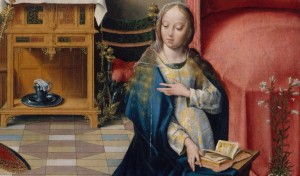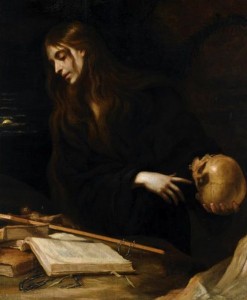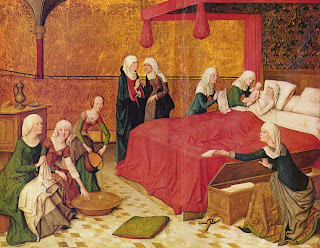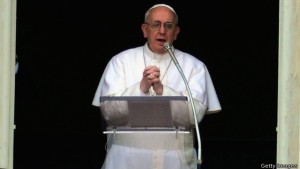The Method
*Adopt a comfortable posture with the spine as nearly straight as possible and the eyes open or half-closed.
*Form a specific intention for your period of prayer.
*Say to yourself or quietly an Our Father, Hail Mary and Glory Be. (the prayers mentioned can be found at CatholiCity dot com))
*Then with your indrawn breath say to yourself or out loud ‘Jesus’ and with your outward breath ‘Mary.’
*Persist in this for whatever time you have decided, I recommend not less than ten minutes and not more than forty-five.
*Finish with a Salve Regina/Hail Holy Queen and offer your thanks to God.
The Rationale
*There is nothing mystical about the posture. Its designed to be comfortable enough to hold for a reasonable length of time without being so comfortable that you fall asleep. If you prefer kneeling to sitting while you pray then do so.
*The intention transforms your action from a solitary one to a communal one. If you intend the spiritual benefits of your prayer to flow to the needs of the world, or the Church or your loved ones then it is not all about you. If your intention is to be strengthened in virtue then, again, the chief beneficiary of your good acts will not be yourself.
*Saying the prayers of the Church is not only a good thing in itself but, psychologically and physiologically it provides a bridge between whatever you were doing before to what you are about to do. It allows your body and mind to relax into their new activity.
*Jesus is the breath of life to us so invoking Him with our inspiration makes good sense. Mary is our mother, our fellow pilgrim, our good companion, so sending our respiration up to heaven with her for company also makes sense.
*Again the prayers at the end are good in themselves and, in the case of the Thanks Be To God, necessary, whilst also acting as a useful bridge…click here to read more
@stevhep










